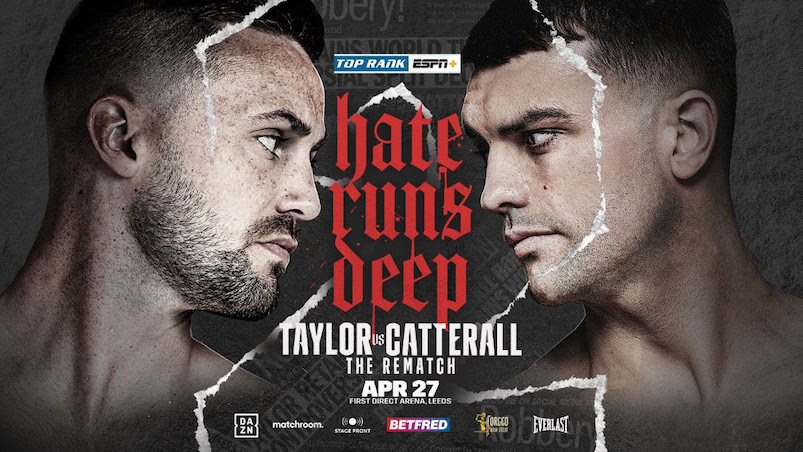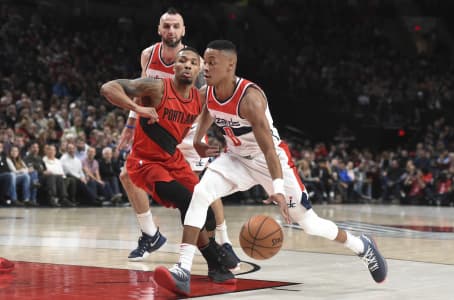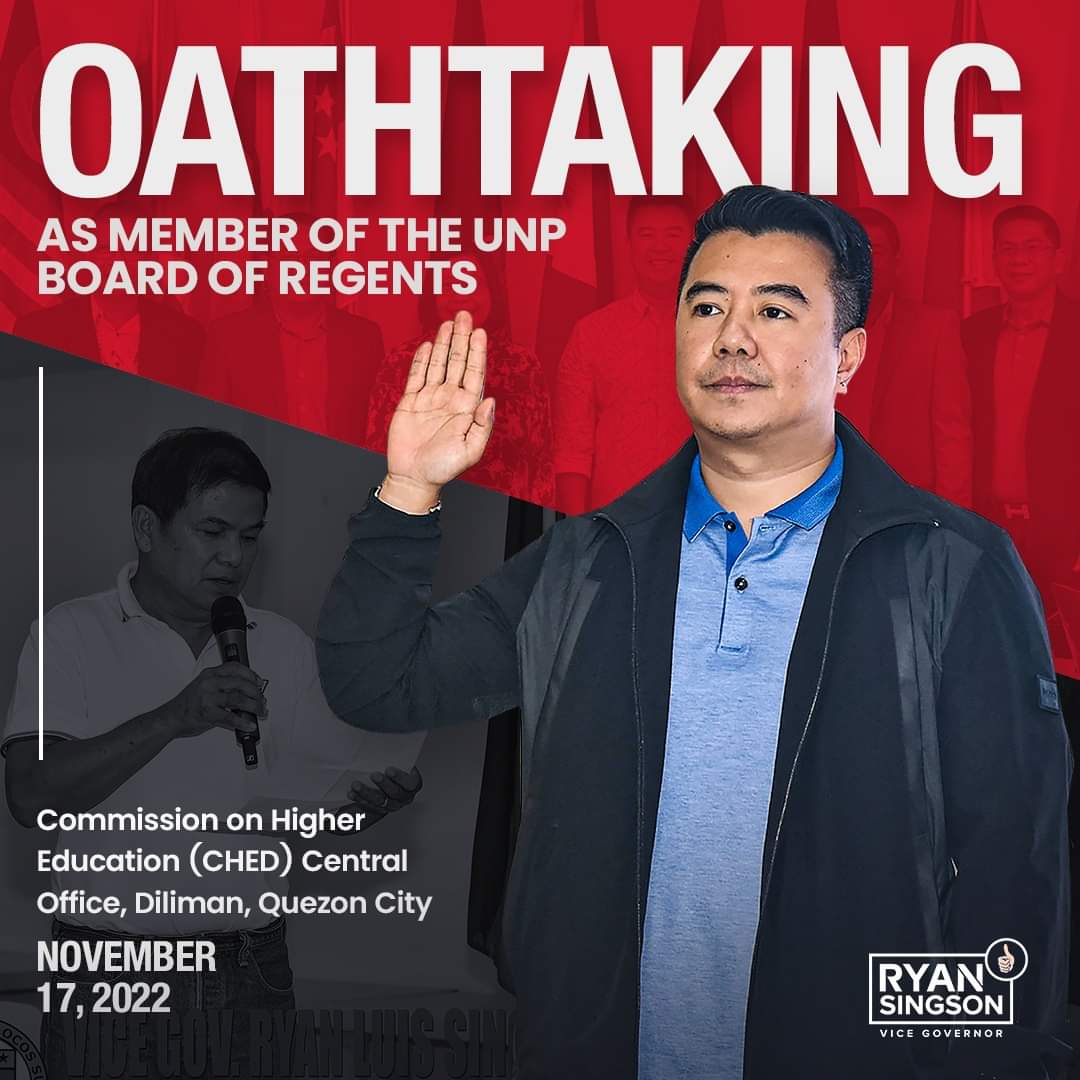With two minutes remaining in a December game between the Portland Trail Blazers and the Minnesota Timberwolves, CJ McCollum pulled up for a spot-up three. Jimmy Butler rushed in with a hard closeout, McCollum airballed the shot, and the Blazers’ guard unceremoniously ran back down the floor. It was McCollum’s second airballed three of the night, the first coming after Andrew Wiggins invaded McCollum’s airspace.
While the Trail Blazers didn’t have any specific complaints about McCollum’s attempts in the moment, the team was irate with the 21-5 free throw discrepancy in the one-point defeat. Damian Lillard went off after the game, complaining that he “can’t buy a damn foul call.” It’s a safe bet that every NBA team has experienced a similar moment this season.
The tension between players, coaches, and referees is at an all-time high, for a variety of reasons. The game itself is changing, with so much off-ball action that forces referees to dart their eyes everywhere. That’s been accompanied with rule changes and the entry of rookie referees into the rotation following the departure of mainstays like Danny Crawford (via retirement) and Monty McCutchen (via a promotion to a supervisor role). The NBPA and referees association plan to meet prior to this weekend’s All-Star Game to hash things out.
“The two overriding objectives of the meeting will be furthering communication and transparency – two tenets of growing importance in a league with more exposure and attention than perhaps any other in the world,” the two sides said in a joint statement.
Blazers head coach Terry Stotts, for his part, hopes “mutual respect” is restored.
“I think some civility has been lost,” he says prior to a game against the Toronto Raptors on Feb. 2. “There always has been conflict between players, coaches, and referees. Referees have a thankless job. The reality is that they do an outstanding job. They want to do an outstanding job. We have to understand that’s where they’re coming from. I think sometimes, players and coaches take it personally.”
In the meantime, the Blazers have decided to be proactive. On Jan. 20, they hired Don Vaden, the former Director of Officials for the NBA and later the WNBA, as a consultant. Over the past couple of weeks, he’s been educating players on how to communicate better with referees and how to better ensure that the whistle goes their way, on both ends of the floor.
“In Minnesota, specifically, CJ definitely got fouled on a three,” Meyers Leonard said. “We had a couple instances in Minnesota where a guy could have fallen on a three-point attempt but didn’t, similar to what [Timberwolves guard] Jamal Crawford does.
“[Don] says, ‘you gotta fall. Let them know you got hit.’”
Hold up. A former referee telling a player to flop?
The truth is little more complicated than that. Thanks to the rampant spread of flopping across the league, players and referees are stuck in a leveling war that hits at the root of those trust issues.
Think about it this way. When players analyze game tape, they’re looking for places where they can erase mistakes. So are the refs. Increasingly, they’re witnessing situations where they got got. That causes them to sometimes be stingier with the whistle because they don’t want to get fooled by a flop.
As a result, players who aren’t experts at creating contact for the sake of creating contact are being punished. “I’ve always been taught to play the game naturally,” Lillard said in Toronto. “Sometimes, I might not get a call because I try to score the ball. I’m trying to make shots instead of sell the contact, but I’ve had to adapt. Sometimes the contact is there, and you’ve got to make it obvious to the referee, because it’s a fast game. They’re the best at their jobs, but they miss things, so you gotta make it obvious to them.”
The Blazers aren’t trying to become the James Harden-led, flailing Houston Rockets. They’re trying to find a palatable in-between.
“There are times when you [think you] get fouled, and you didn’t, but you truly thought you did,” Leonard said. “Sometimes, you know you didn’t get fouled, and you’re complaining, you lose credibility. That’s what it is. Keeping good credibility and a good reputation, where if this guy’s upset, he probably got fouled.”
Developing that reputation takes time and an open line of communication, which often leaves whacked rookies in the dust. For Blazers rookie Zach Collins, working with Vaden (who the Blazers declined to make available for this story) has been instructive. Simple things like waiting until a timeout to voice a complaint instead of in the heat of the moment can allow rookies to communicate their grievances while avoiding getting a technical foul or garnering a reputation as a loudmouth.
Collins is also learning how to play aggressive low-post and help defense without fouling. Veterans like to target young players in the post because they know how easy it can be to pull one over on them. “It’s a line you gotta find. Obviously you can’t extend, but if you put your arm out like that, it’s fine,” Collins said while holding his forearm out to deter an imaginary defender from backing him down. In the NCAA, that’s a foul.
Vaden will also go over game tape with Collins to explain the nuances of verticality — not only do your arms have to stay straight up and down, but so does your leap. With an offensive player lunging at you, that’s a hard thing to master.
Time will tell if the Blazers’ attempt to learn the language of refereeing will pay off. They are, if nothing else, a reminder that communication can lead to understanding, even when it feels like there’s little to be had.
And then there’s Evan Turner, Portland’s skeptic.
“Don has definitely helped tremendously, but me personally, I just go out and do my best and try and guard,” he said. “[But] some dudes, you can’t touch certain dudes, no matter what. I’ll get hit the exact same way I hit somebody. They get a foul, I don’t.
“If I’m guarding whoever, they gonna get their nine foul shots and shit regardless.” As shocking as the Blake Griffin trade to the Pistons seemed at the time, it’s clear why it happened.
Even in the absence of Chris Paul, Griffin played a burdensome role in Los Angeles, as they tried and failed to compete for cultural real estate in a city enamored by the Los Angeles Lakers. Due to several factors — no Paul, Lonzo Ball, and the Lakers’ summer dreams — Clippers attendance this year dropped from 10th in the league to 20th. Let’s not forget that Griffin spent most of that time plagued by injuries. All the while, his five-year, $173 million contract capped their ceiling for the most part.
The truth is, despite their cursed history, the Clippers should be aspiring for contention the way the Lakers are. Griffin constricted that. And the Pistons, who eschewed their youth and long-term potential to cash in on a star, knew this was their best shot at landing a player of his caliber.
Now that everybody’s expectations are in the right place, it’s been a pleasure to watch Griffin, the mere basketball player. The Pistons are 6-3 during a home-heavy schedule since trading for Griffin. Griffin can still bulldoze into the lane to make acrobatic, wrong-footed shots, but he also took Lob City’s passing chemistry with him, setting Andre Drummond up for easy lob after easy lob. Nobody else possesses that combination of awkwardness and grace.
Griffin has fit in like a mirror image of the player we knew in Los Angeles. Only now, the weight on his shoulders has been replaced by a bucket of Gatorade.





